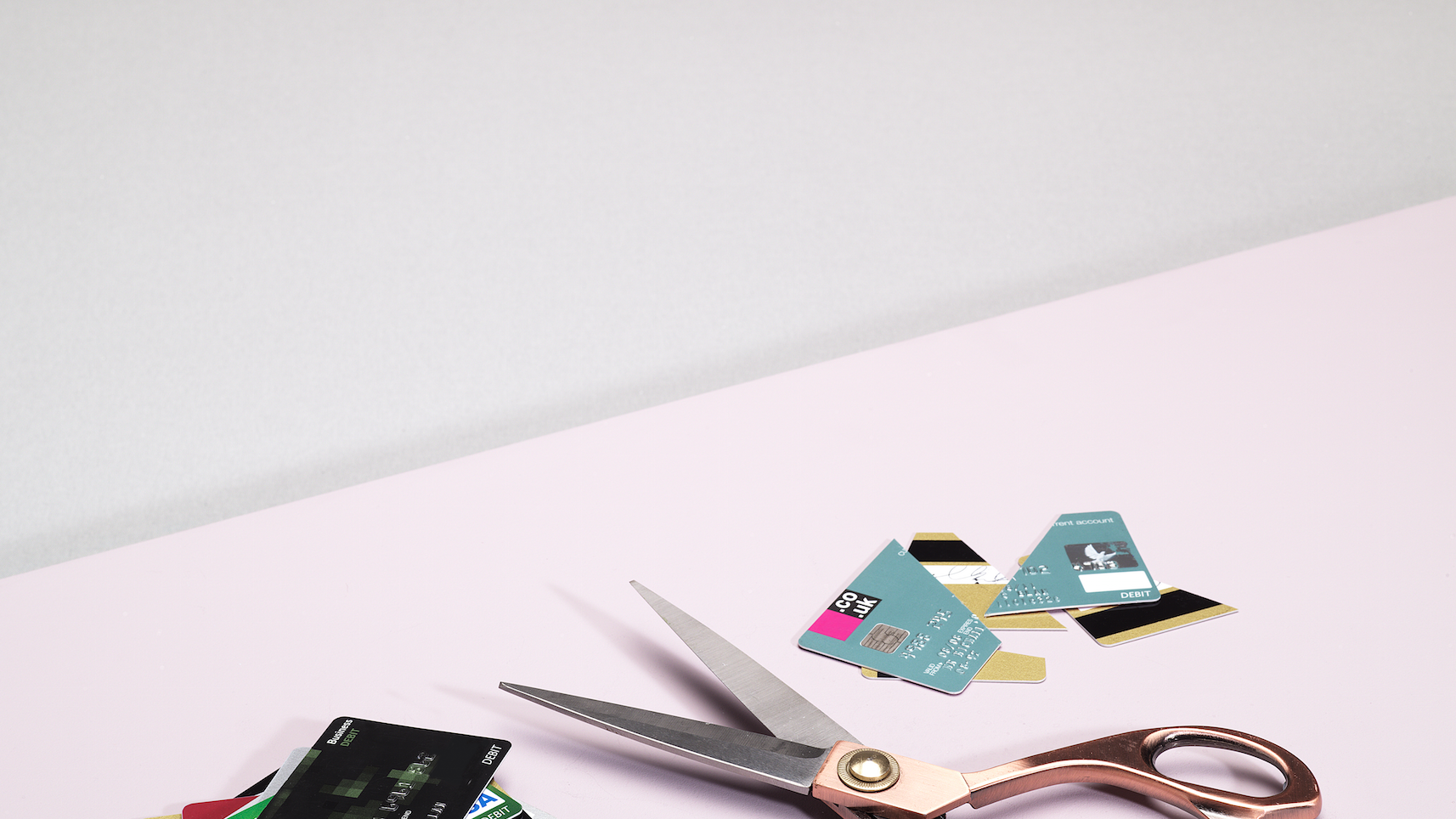7 Non-Annoying Money Tips You Haven't Heard from Your Mom
Because sometimes you need to hear it from an expert.


As much as you try to be good at adult-ing, when it comes to money, it can often feel like you're behind. Even after saving as much as you can for an emergency fund and creating killer spending habits, concepts like "financial planning" and "creating an investment plan" can seem daunting and downright scary. But we got the scoop from Kathy Murphy, President of Personal Investing at Fidelity, on seven things you *need* to know about your money as a 20-something. Because what's all that work for if you're going to have to keep doing this 'till you're 153? No thanks.
1. You don't need to know everything about investing. You just need to start.
Women tend to be intimidated when it comes to investing. In fact, 82% of women are totally comfortable budgeting their everyday expenses, but that their confidence plummets at the mention of the word "invest." But guess what—it's a run before you can leap type of thing. "Women often hold back if we feel like we don't know enough or don't have enough experience," says Murphy. "When it comes to your finances, don't abdicate control of your future by standing on the sidelines. Get engaged and learn by doing." What does that mean/where do you start? See #2.
2. No, financial advice is not just for the wealthy. You can totally get free help with your finances.
If you have a 401K or other retirement benefits package from your employer, there is someone there to answer questions and can point you to others at the financial institution you have an account with for more answers. Reach out to HR and figure out where to turn. Free financial workshops are also available all over the internet and through firms like Fidelity—who are there to get you going at no cost, no strings attached.
3. Take advantage of "free money" at your job.
If your company has a matching program for your 401K, you are absolutely missing out on free money by not taking advantage of it. "Furthermore, for many there is a missed learning opportunity. Among women who are offered retirement guidance through their employer, 65% do not take advantage of it," says Murphy.
Murphy suggests aiming to contribute 15% of your paycheck to a workplace retirement plan. Laughing at that amount of money considering you spend about half of your paycheck on rent alone? Try then to at least meet you're company's match, if offered. Then make it a goal to increase your contribution over time. If you still can't do that quite yet, even putting just 1% more of your salary into a tax-advantaged retirement account like a 401(k) or 403(b) could make a noticeable difference in your ability to afford the retirement you want.
No, setting up a retirement account and talking to your planner is probably not going to be the most *fun* part of your day. But you know what else isn't? Being broke after decades of working.
4. You need to start treating your wealth like your health.
While 77% of women say they are confident discussing medical issues with a doctor on their own, only 47% would be comfortable talking about money and investing with a financial professional. It's time to change that. "Just as you schedule annual check-ups with doctors and dentists, it's just as important to make time to check-up on your financial health as well," says Murphy.
Get exclusive access to fashion and beauty trends, hot-off-the-press celebrity news, and more.
5. Don't be scared by the market.
Investing means that your return can dip lower, and that (gulp) you could lose some money. But don't fret. You'll (most likely) rebound. "When the market gets choppy—and know that it will—take a step back and remember that investing is for the long term," says Murphy. "Keep contributing, and stay focused on future."
6. Create three buckets for savings.
Ideally, you'll be able to create three accounts for savings: Short term (emergency fund, vacation plans), medium term (buying a home, saving for kids), and long term (retirement). No one can tell you exactly *how* much to save, as it varies on lifestyle and priorities—but talking to a) your partner, should you have one and b) your bank can help you get a feel for how much you should be saving.
7. Stop with the excuses.
"Whether it's putting it off until tomorrow, taking a back seat to a spouse, or thinking you don't know enough or have enough experience to get more involved in making financial decisions–recognize that it's time to put yourself, and your future first," says Murphy.
Follow Marie Claire on Instagram for the latest celeb news, pretty pics, funny stuff, and an insider POV.

Samantha Leal is the Deputy Editor at Well+Good, where she spends most of her day thinking of new ideas across platforms, bringing on new writers, overseeing the day-to-day of the website, and working with the awesome team to produce the best stories and packages. Before W+G, she was the Senior Web Editor for Marie Claire and the Deputy Editor for Latina.com, with bylines all over the internet. Graduating from the Medill School of Journalism at Northwestern University with a minor in African history, she’s written everything from travel guides to political op-eds to wine explainers (currently enrolled in the WSET program) to celebrity profiles. Find her online pretty much everywhere @samanthajoleal.